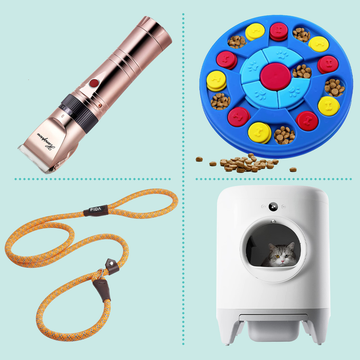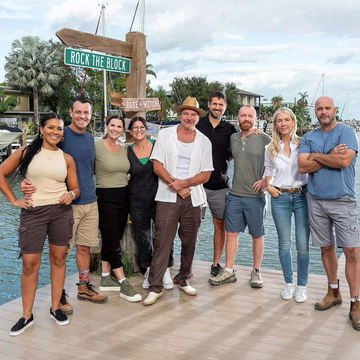Update, January 24, 2018: A new law is about to make share tables a reality in one of the biggest states in the country. Texas politicians recently passed a bill that allows school to distribute unused, non-perishable food any way they see fit, and students are already benefiting big time.
After denying children the opportunity to share leftover snacks with their friends, cafeterias are now legally allowed to feed hungry kids unwanted food. One San Antonio principal told KSAT that items placed on the school's new sharing table are taken "almost immediately."
Jenny Arredondo, a child nutrition senior executive director for the city's school system, reiterated the program's instant success. "Food insecurity is a major issue," she told KSAT. "It is a huge problem within our district, so a bill like this that has passed, our students are really the ones that are going to benefit from it."
Original, November 15, 2017: When nearly 13 million children face hunger every day, but the United States currently wastes about 40% of its food supply, something just doesn't add up. But new "share tables" popping up in cafeterias across the country aim to address both problems in one fell swoop.
The new initiative backed by the United States Department of Agriculture strives to feed kids (and adults!) in need all while saving nutritious, usable food from landfills. All students need to do is leave unwanted food or drinks at a designated station where others can help themselves. Any food left at the end of the day can go towards afterschool programs, or a nearby shelter or nonprofit.
Since Rock Hill Elementary School in Wallingford, Connecticut, started their own share table in February, they've donated 5,000 pounds of food to a local pantry, and that doesn't even include the snacks redistributed on campus.
"The first goal is to make sure there's no hungry kids at school," volunteer Jennifer Janus told the Record-Journal. "The second goal is to bring the food here so we can feed the hungry people our town ... This is all food that would get thrown away. Food is not trash."
The idea makes extra sense when you consider the restrictions of the federal school lunch program. Cafeterias can't re-serve something from the day before and law dictates that students must take a certain amount of food, even if they don't like a particular item or feel that hungry. While legal ambiguities previously kept campuses from doing something similar, the USDA released a memo supporting the "innovative strategy" last year.
Although the agency still advises lunch rooms to encourage trying and eating new foods when possible, it realizes that the measures will keep leftovers from going in the garbage. Plus, share tables allow to kids to drop off what they don't want and pick up an equally healthy option instead. To keep kids and recipients safe, most states restrict what can go on a table, like unopened, prepackaged foods and unpeeled fruit. Perishable items like milk cartons usually need to go in chilled bins or fridges.
If you're interesting in starting a share table at your school, check your state's specific laws first (they can vary widely), or you can contact food recycling programs like Food Rescue. Implementing one will help more people than you think.
After Aloma Elementary School in Orange County, Florida, created its share table, staff noticed another big change. Instead of playing with the food they didn't want, kids were more than happy to give it to their peers. Aloma's cafeteria manager Martha Albright told the Orlando Sentinel that it wasn't just the hungry students who were benefiting: "The custodians love it."
(h/t Scary Mommy)












